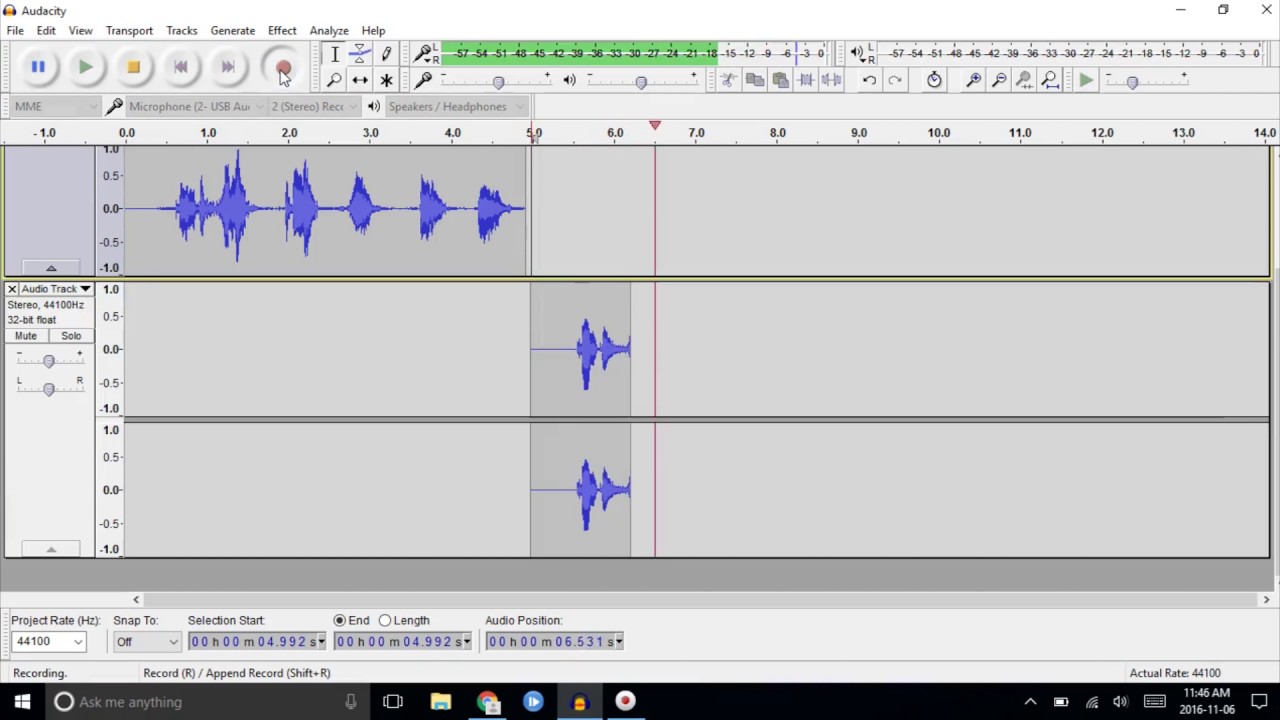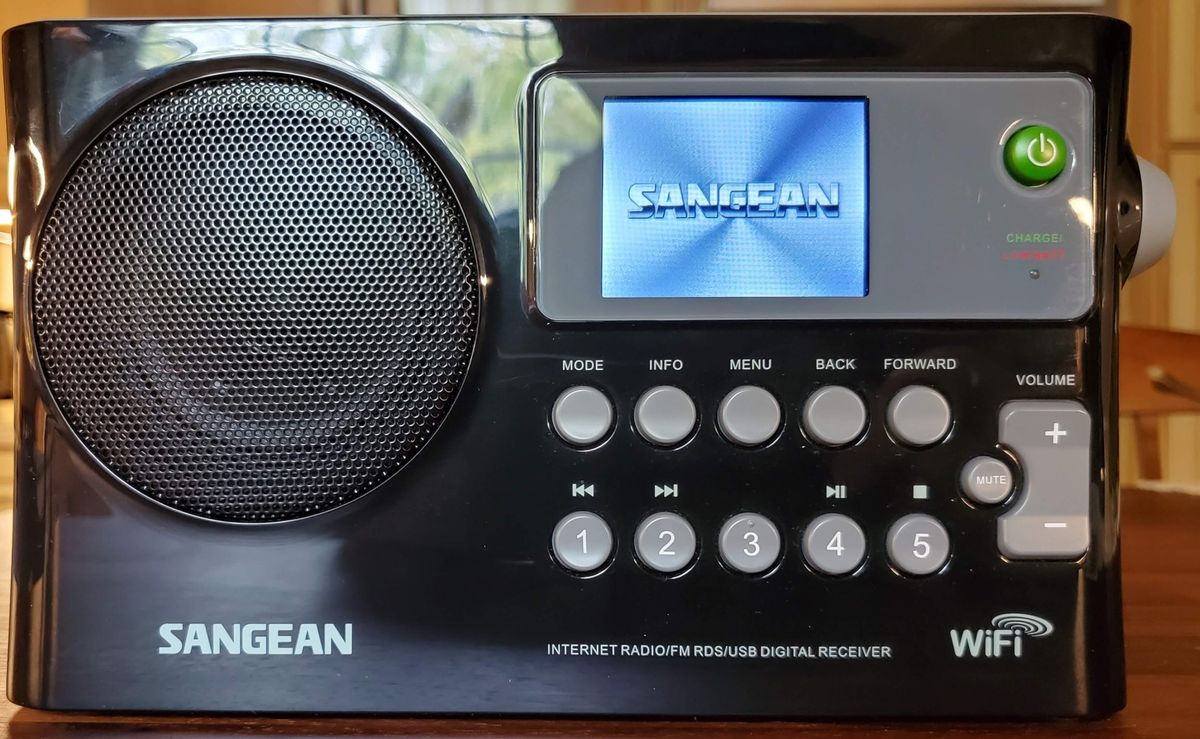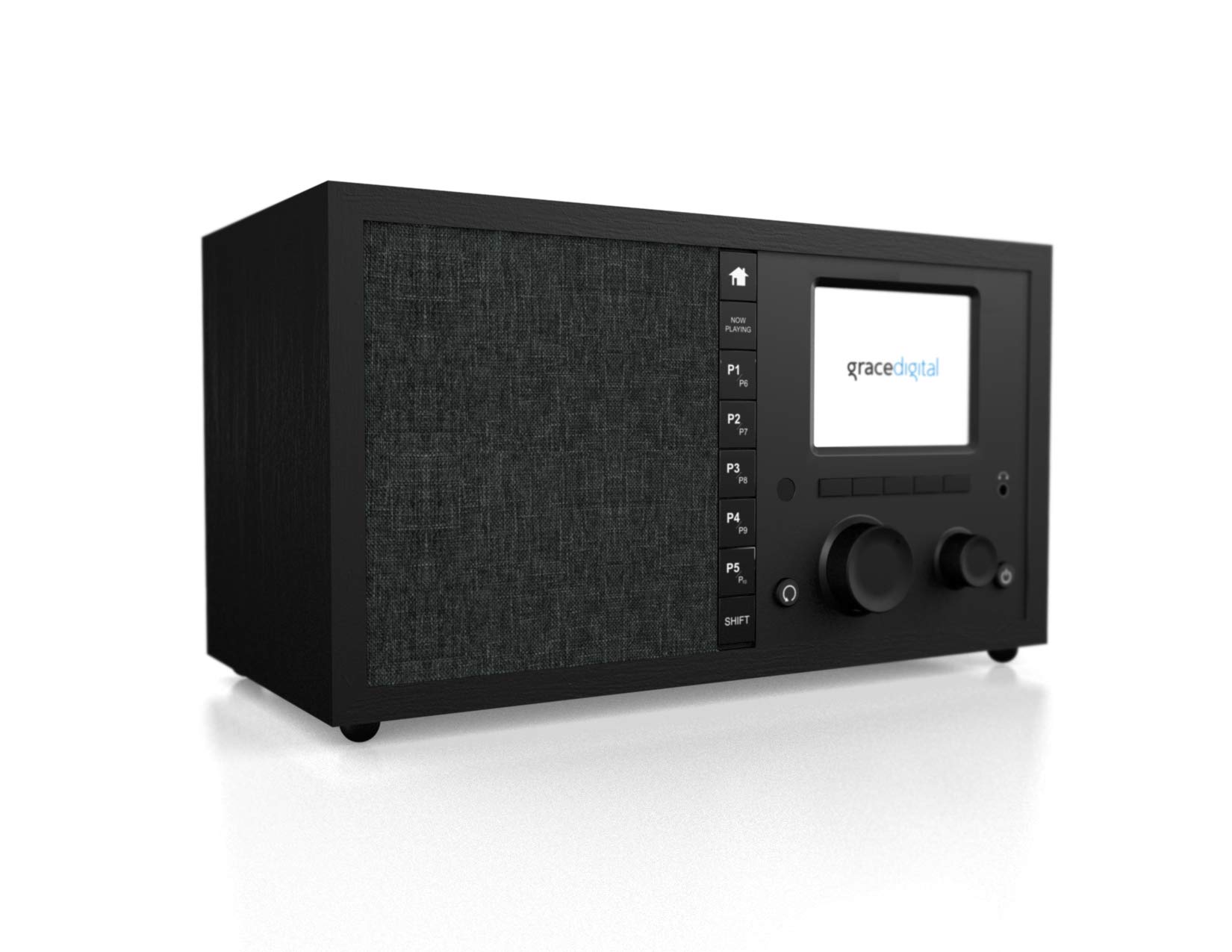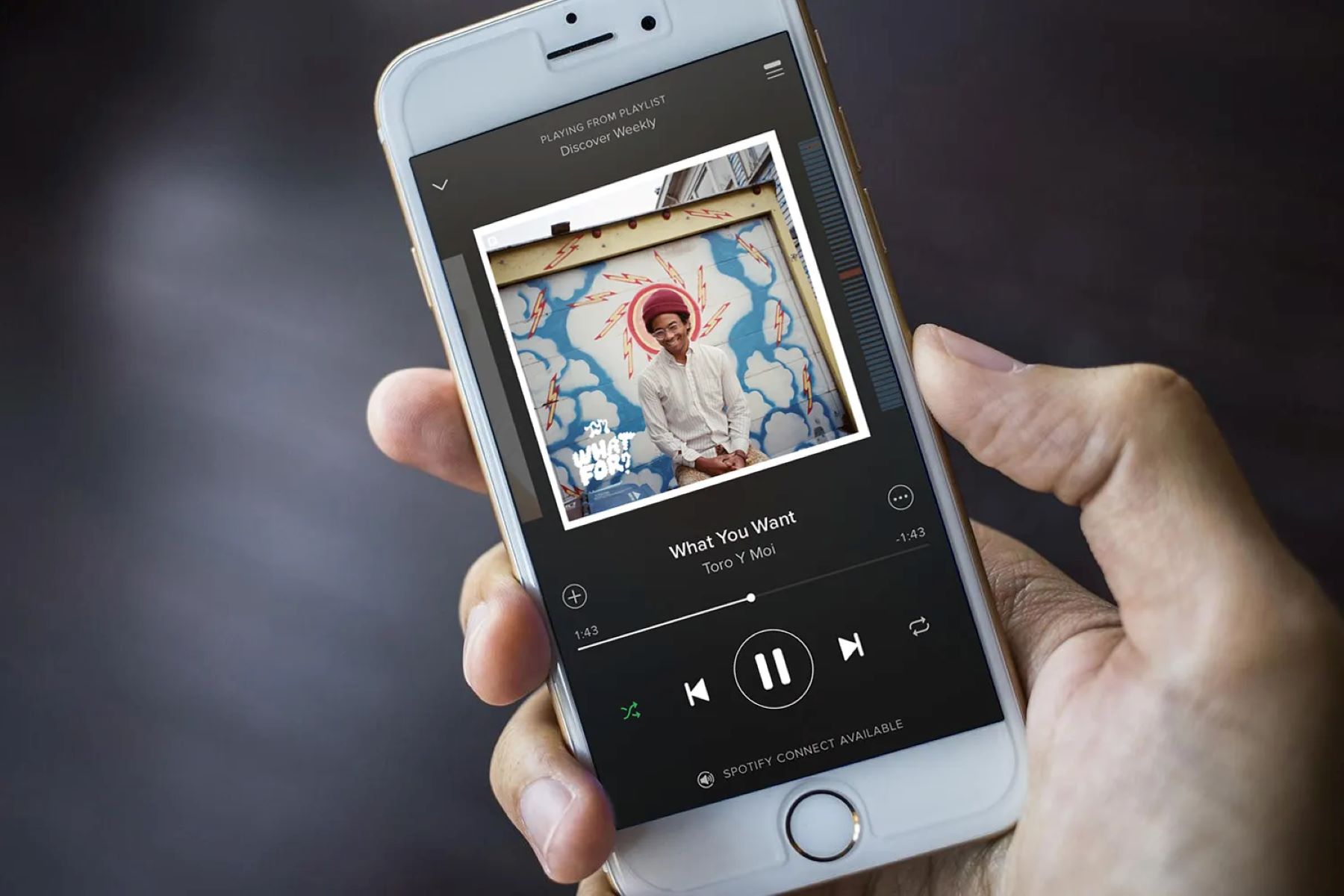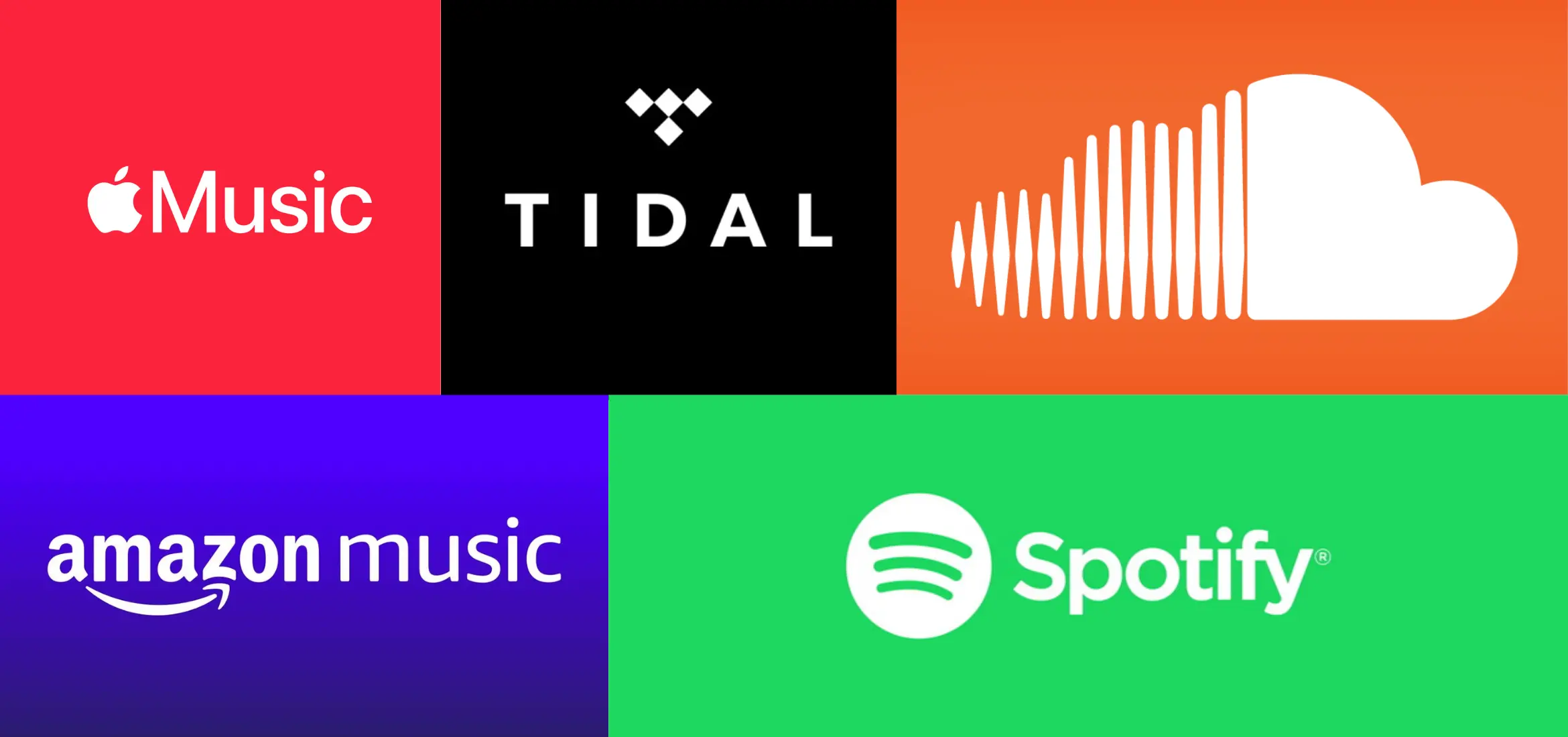Home>Devices & Equipment>Streaming>How To Listen To Music On The Go Without Streaming And Internet


Streaming
How To Listen To Music On The Go Without Streaming And Internet
Published: March 8, 2024
Learn how to listen to music on the go without streaming or internet. Discover offline music options and enjoy your favorite tunes anytime, anywhere.
(Many of the links in this article redirect to a specific reviewed product. Your purchase of these products through affiliate links helps to generate commission for AudioLover.com, at no extra cost. Learn more)
Table of Contents
Introduction
In today's fast-paced world, music has become an integral part of our daily lives. Whether we're commuting to work, hitting the gym, or simply unwinding at home, the ability to listen to our favorite tunes on the go is a luxury we often take for granted. However, with the increasing reliance on streaming services and internet connectivity, the notion of enjoying music offline seems to have taken a back seat. But what if I told you that there are still ways to savor your beloved tracks without being tethered to the online world?
In this article, we'll explore alternative methods for listening to music on the go without relying on streaming services or internet access. From downloading music for offline listening to utilizing portable music players and even tapping into the timeless charm of FM radio, there are numerous avenues to explore. So, if you're ready to embark on a journey that harks back to the days of physical music collections and portable players, fasten your seatbelt as we delve into the art of enjoying music without being bound by the constraints of streaming and internet dependence.
Downloading Music for Offline Listening
In a world dominated by streaming services, the concept of downloading music for offline listening may seem like a relic of the past. However, it remains a viable and convenient option for music enthusiasts who prefer to have their favorite tracks readily available, regardless of internet connectivity. Whether you're embarking on a long flight, venturing into areas with poor network coverage, or simply aiming to conserve data, downloading music offers a sense of freedom and flexibility that streaming cannot match.
One of the most popular platforms for downloading music is, of course, the ubiquitous iTunes. With a vast library of songs and albums spanning various genres, iTunes allows users to purchase and download individual tracks or entire albums directly to their devices. This enables seamless offline playback without the need for an internet connection. Similarly, other music platforms such as Amazon Music and Google Play Music offer similar functionalities, catering to users across different ecosystems.
For those who prefer a subscription-based model, services like Spotify and Apple Music also provide the option to download songs and playlists for offline listening. This feature allows subscribers to curate their own offline music collections, ensuring that their favorite tunes are always within reach, regardless of internet availability.
Moreover, the advent of cloud storage services has further revolutionized the way we access and store music. Platforms like Google Drive, Dropbox, and OneDrive offer ample space for users to upload their music libraries and access them offline through dedicated mobile apps. This approach not only provides a backup for your music collection but also grants the freedom to enjoy your favorite tracks without relying on streaming services or internet connectivity.
In essence, downloading music for offline listening empowers music enthusiasts to break free from the constraints of streaming and internet dependence. It offers a personalized and curated music experience, allowing individuals to tailor their collections to suit their preferences and enjoy uninterrupted playback, regardless of their location or connectivity status. So, whether you're gearing up for a road trip or seeking solace in a remote setting, the ability to download music for offline listening ensures that your favorite melodies are always at your fingertips.
Using Portable Music Players
In an era dominated by smartphones and streaming services, the notion of using portable music players may seem like a nostalgic throwback to a bygone era. However, these compact devices continue to hold a special place in the hearts of music enthusiasts, offering a distinct charm and practicality that transcends the allure of modern technology.
Portable music players, such as the iconic iPod and its contemporary counterparts, provide a dedicated platform for storing and playing music without the need for internet connectivity. These devices boast ample storage capacity, allowing users to carry thousands of songs in their pockets, ready to be enjoyed at a moment's notice. Furthermore, the tactile experience of navigating through a music library using physical buttons or touch interfaces adds a tactile and immersive dimension to the listening experience.
One of the key advantages of portable music players lies in their ability to preserve battery life on smartphones. By offloading music playback to a dedicated device, users can conserve the battery of their primary communication and productivity tool, ensuring that they remain accessible in case of emergencies or important communications. This separation of functions also minimizes distractions, allowing individuals to immerse themselves in the music without being interrupted by notifications or calls.
Moreover, portable music players often feature advanced audio processing capabilities, delivering high-fidelity sound that surpasses the audio quality offered by most smartphones. This emphasis on audio excellence caters to audiophiles and music purists who seek an uncompromising sonic experience, free from the limitations of compressed streaming formats and subpar playback hardware.
Additionally, the compact and lightweight nature of portable music players makes them ideal companions for various activities, including workouts, outdoor adventures, and travel. Their robust build quality and resistance to the elements further enhance their suitability for on-the-go use, ensuring that music enthusiasts can indulge in their favorite tunes regardless of the environmental conditions.
In essence, portable music players continue to embody the essence of portable music enjoyment, offering a dedicated and immersive listening experience that transcends the constraints of streaming and internet dependence. As technology continues to evolve, these timeless devices serve as a testament to the enduring appeal of music in its purest form, encapsulated within a pocket-sized marvel that has stood the test of time.
Creating Your Own Music Library
Building your own music library is a deeply personal and rewarding endeavor that allows you to curate a collection of songs and albums tailored to your unique tastes and preferences. In a world inundated with streaming services and algorithm-driven playlists, the act of creating your own music library harks back to a time when music discovery was a deliberate and immersive experience.
The process of assembling your music library begins with identifying the genres, artists, and albums that resonate with you on a profound level. Whether it's the timeless allure of classic rock, the soul-stirring melodies of classical compositions, or the pulsating rhythms of electronic music, your library is a reflection of your musical identity. By exploring diverse genres and delving into the discographies of your favorite artists, you can unearth hidden gems and cultivate a rich tapestry of sonic experiences.
One of the most compelling aspects of creating your own music library is the ability to imbue it with personal significance. Each song and album holds the potential to evoke memories, emotions, and moments in time, transforming your library into a chronicle of your life's soundtrack. Whether it's a song that accompanied a pivotal life event or an album that served as a source of solace during challenging times, the songs within your library become more than mere audio recordings – they become chapters in the story of your life.
Furthermore, the act of curating your music library fosters a deeper connection with the music itself. As you meticulously select and organize your favorite tracks, you gain a profound understanding of the nuances and intricacies that define each song. This heightened appreciation for the artistry and craftsmanship behind the music elevates the listening experience, allowing you to immerse yourself in the sonic tapestries woven by the artists.
In the digital age, creating your own music library transcends the confines of physical media, offering boundless opportunities for organization and exploration. Whether you opt for a meticulously curated folder structure on your computer or embrace the convenience of music management software, the ability to arrange and access your library with ease ensures that your musical treasures are always within reach.
Ultimately, creating your own music library is a testament to the enduring allure of music as a form of self-expression, introspection, and emotional resonance. It empowers you to craft a sonic sanctuary that encapsulates your musical journey, serving as a testament to the transformative power of music in shaping our lives and enriching our experiences.
Utilizing FM Radio
In an age dominated by digital streaming and on-demand music services, the humble FM radio continues to hold its ground as a reliable and accessible platform for enjoying music on the go. With its widespread availability, ease of use, and diverse range of stations, FM radio offers a compelling alternative for individuals seeking to savor music without relying on internet connectivity or digital libraries.
One of the primary advantages of utilizing FM radio for music consumption lies in its ubiquitous presence. Unlike streaming services that require internet access and often entail subscription fees, FM radio stations can be accessed using a simple and affordable device – the radio receiver. Whether it's a portable transistor radio, a car stereo, or a home entertainment system, FM radio offers a hassle-free means of tuning into a myriad of music channels without the need for complex setups or data connections.
Furthermore, FM radio provides a diverse array of music genres and programming, catering to a wide spectrum of listener preferences. From classic rock and pop hits to jazz, blues, and country tunes, FM radio stations curate playlists that span various musical eras and styles, ensuring that listeners can discover new tracks and revisit timeless favorites. This diversity of content fosters a sense of serendipity and exploration, allowing individuals to stumble upon unexpected gems and broaden their musical horizons.
Moreover, FM radio serves as a valuable source of local and community-driven music initiatives. Many stations feature programs that spotlight emerging artists, local bands, and grassroots music scenes, providing a platform for independent musicians to showcase their work and connect with audiences. This emphasis on local talent and cultural representation adds a layer of authenticity and relevance to FM radio, fostering a sense of community engagement and artistic discovery.
In addition to music, FM radio often encompasses engaging commentary, live performances, and interactive segments, creating a dynamic and immersive listening experience. Whether it's tuning into a morning show for the latest music news and entertainment updates or enjoying live broadcasts of concerts and events, FM radio transcends the boundaries of traditional music playback, offering a multifaceted audio journey that resonates with listeners on a personal and communal level.
Ultimately, the enduring appeal of FM radio lies in its ability to deliver music in a straightforward, accessible, and communal manner. By embracing the simplicity and diversity of FM radio, individuals can relish the joy of music without being tethered to digital platforms or internet connectivity, reaffirming the timeless allure of radio as a steadfast companion in the realm of music appreciation.
Conclusion
In a world where streaming services and internet connectivity often dominate the music consumption landscape, the art of enjoying music without being reliant on digital platforms has not faded into obscurity. From downloading music for offline listening to embracing the timeless allure of FM radio, there are numerous avenues for individuals to savor their favorite tunes on the go, free from the constraints of streaming and internet dependence.
The act of downloading music for offline listening empowers music enthusiasts to curate personalized collections, ensuring that their favorite tracks are readily accessible regardless of internet connectivity. Whether it's through platforms like iTunes, Amazon Music, or subscription-based services such as Spotify and Apple Music, the ability to download and store music on devices or cloud storage solutions offers a sense of freedom and flexibility that transcends the limitations of streaming.
Furthermore, the enduring appeal of portable music players continues to resonate with individuals seeking a dedicated and immersive listening experience. These compact devices not only preserve smartphone battery life but also deliver high-fidelity sound and tactile navigation, serving as timeless companions for music enthusiasts on the go.
Creating a personal music library stands as a testament to the transformative power of music as a form of self-expression and emotional resonance. By curating a collection of songs and albums that hold personal significance, individuals craft a sonic sanctuary that encapsulates their musical journey, fostering a profound connection with the artistry and craftsmanship behind the music.
Moreover, the humble FM radio remains a steadfast platform for music enjoyment, offering widespread accessibility, diverse programming, and a sense of community engagement. Its ability to deliver music in a straightforward and communal manner ensures that individuals can relish the joy of music without being tethered to digital platforms or internet connectivity, reaffirming the timeless allure of radio as a steadfast companion in the realm of music appreciation.
In essence, the methods explored in this article underscore the enduring resilience of offline music consumption, offering individuals the freedom to savor their favorite tunes without being bound by the constraints of streaming and internet dependence. By embracing these alternative avenues, music enthusiasts can embark on a journey that harks back to the days of physical music collections and portable players, reveling in the timeless charm of music without the need for constant digital connectivity.

